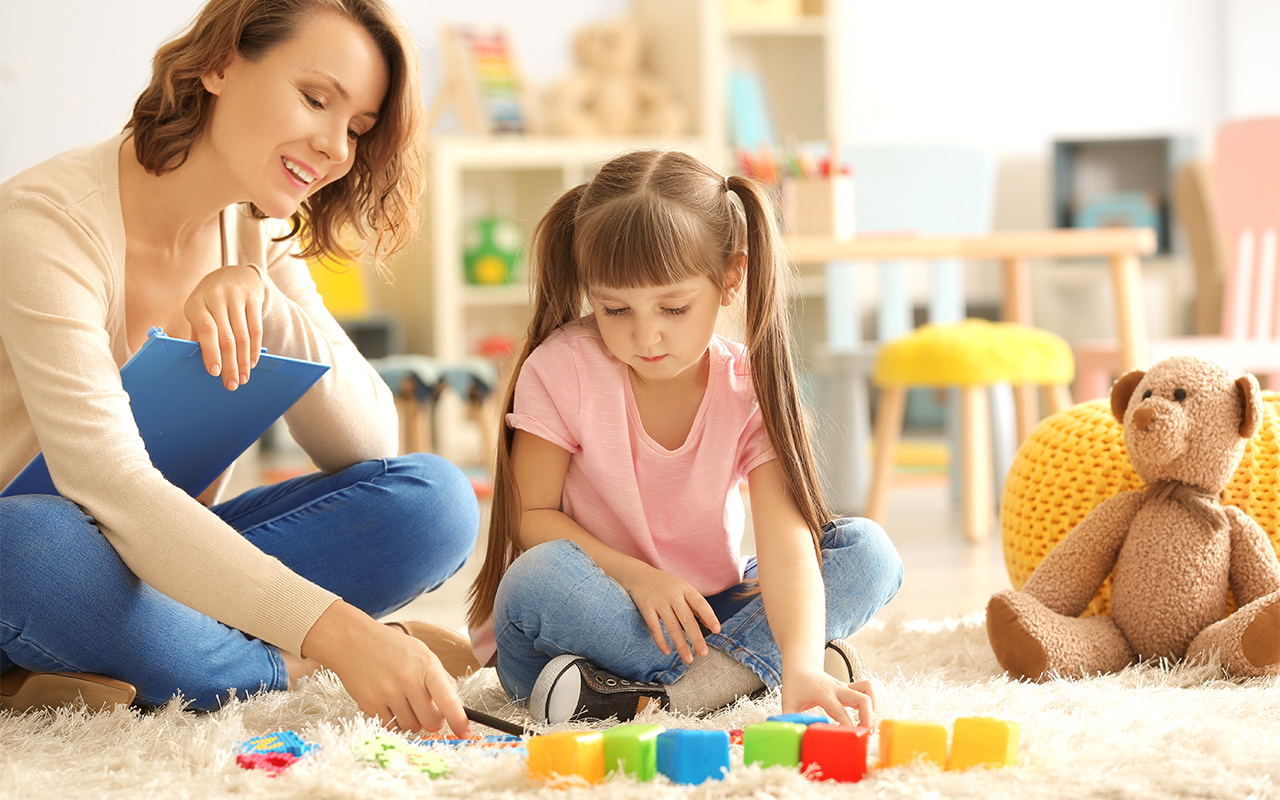Reports indicate that almost 29% of kids suffered from emotional and mental health in May 2020. About 31% of parents complained about their kids’ deteriorating mental health. Like grownups, children faced plenty of covid-induced problems with school closures, inaccessibility to healthcare, isolation, and more. Some children couldn’t eat and sleep appropriately due to increasing levels of fear, irritability, etc. The higher demand for mental health help in children also led to a lack of care issues, intensifying the problems. Here is a quick overview of the mental health issues they suffered and what led to such situations in them.
Mental health in kids during covid
Young children
As per studies, pandemic-induced lifestyle disruptions have been the significant contributors. Change of routines, inaccessibility to proper caregiving, and stressful family environment are some common reasons. Nearly 47% of parents talked about their worries about the social development of their children young for school admissions because of the situations created by covid-19. When the cases peaked, kids ages 5 to 12 suffered from psychological stress, anxiety, and depression. Overall, 22% of them experienced worse mental or emotional conditions.
Adolescents
Data also reveal adolescents’ mental health conditions. After the onset of the pandemic, over 25% of high schools noticed deteriorating cognitive and emotional health in students. A recent study shows that only one-third thought they could handle stress resulting from peer pressure or mental health situation. Some common issues with them were anxiety, depression, and adjustment disorders. Although these were already there before the pandemic, things became worse down the line. Due to higher stress, they indulged in solitary substance use. According to experts like Paul Haarman, the habit of substance use started at a young age is likely to continue into adulthood. It can result in addiction.
The silver lining
Already many kids could not access mental health care before the pandemic because of various factors, such as lower insurance options, fewer care providers, and expensive treatment. In 2019, nearly 11% of kids from 3 to17 years of age went for mental health services. But only a handful of them received specialized care. During the pandemic, even this has not been easy. Today, things have improved, though. The launch of telehealth services is an example of this. If you cannot visit a clinic with your kid, you can opt for an online mental health consultation. It cannot be a replacement for in-person interactions. Still, being able to hear from the mental health experts can be effective.
Mental health is a matter of concern in the covid-battered world. However, advanced and innovative technologies come in handy in tackling many unforeseen challenges. You can join counseling groups or forums to understand what everyone has been through and learn from their experiences about taking care of your wellness. Also, your kids need you to be responsive and patient with them. According to Paul Haarman, a financial crisis or some other reason can prevent you from ensuring those things. While it is understandable, kids depend on you and your support. How you handle your stress can be a live example for them as to how they should deal with it.


